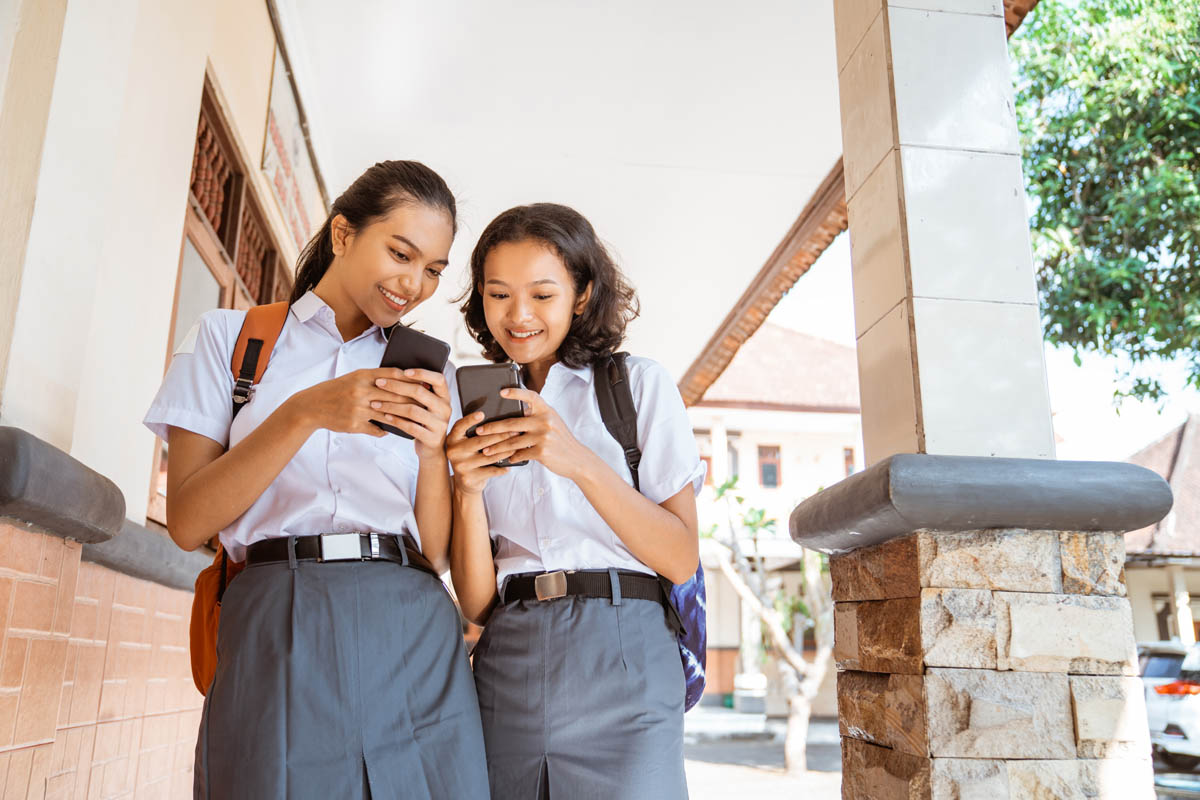The Impact of Social Media on Students
April 16by Vavek Bharwani
The Internet has become a basic need of the current generation. These days, most of the world’s population uses the Internet regularly. Also, more people are becoming addicted to social media with each passing day.
Students are among the main people who prefer these channels to stay tuned to the latest updates and to establish connections with people. However, social media is also causing several negative impacts on students. Thus, it’s important to educate students about how to use social media for positive results.
Social Media has become a playground for the ultramodern generation. They spend much of their time playing games, watching videos and making online connections.
But somewhere along the line, they’ve lost interest in real life. Many don’t spare time to spend with parents and family members, which is affecting their emotional and social health.
Students have become prone to frequent mood swings due to social media. Many students are upset about how they look and that is why they always try to upload beautiful photos of themselves and their friends.
When social media is used for social uplifting, literacy and tutoring, it can produce several positive outcomes for students. But they should assess the difference between fake and original content. Reports indicate that due to the inordinate use of social media, a large number of college and university students have swerved away from their particular and career development goals.
Social media has revolutionized the way we communicate and interact with each other. It has become an integral part of our daily lives, especially for students. While social media has its benefits, it also has its negative effects. In this article, we will explore the impact of social media on students.
Positive Impact of Social Media on Students
- Enhances Communication: Social media has made communication easier for students. It has created a platform where students can easily communicate with their peers and teachers, exchange information, and collaborate on projects.
- Information Sharing: Social media platforms like Facebook, Twitter, and Instagram have become valuable sources of information. Students can access news and information about events and activities that are happening around the world.
- Educational Opportunities: Social media has made it easier for students to access educational resources. Online platforms like YouTube, Coursera, and Khan Academy provide free access to educational content.
- Networking Opportunities: Social media has created networking opportunities for students. They can connect with professionals and experts in their fields of study, share their ideas and projects, and get feedback.
Negative Impact of Social Media on Students
- Addiction: Social media addiction has become a serious problem among students. Many students spend hours on social media platforms, which affects their academic performance.
- Cyberbullying: Social media has made it easier for bullies to harass and intimidate their victims. Cyberbullying can lead to depression, anxiety, and even suicide.
- Distraction: Social media can be a major distraction for students. It can affect their concentration and make it difficult for them to focus on their studies.
- False Information: Social media is flooded with false information, which can be misleading for students. They may end up believing in false information and make decisions based on it.
Social media has both positive and negative effects on students. While it provides many benefits like enhancing communication, information sharing, educational opportunities, and networking opportunities, it also has negative effects like addiction, cyberbullying, distraction, and false information.
It is important for students to use social media in a responsible and balanced manner to avoid the negative effects and take advantage of the positive ones. Parents and educators should also play an active role in educating students about the responsible use of social media.
Parents should advise their children to spend time on E-learning, New Skills, and Modern Technologies rather than wasting time on social media, likes, and shares.
Vavek Bharwani is a 21-year-old student and activist from Pakistan. He is a content writer and enjoys writing about Education, Human Rights, Culture, and Climate Change.




